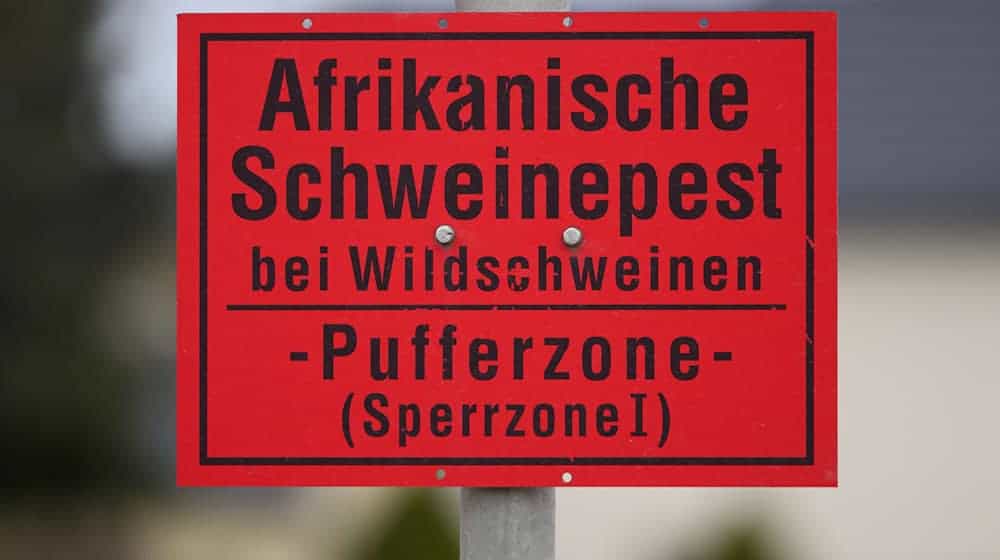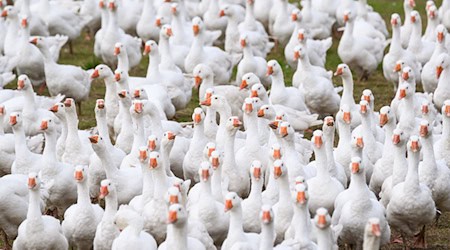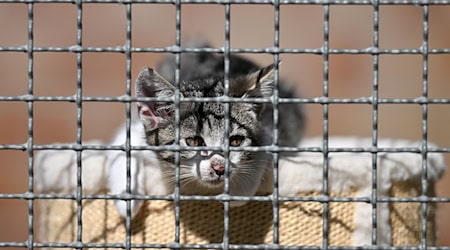Five years after the emergence of African swine fever (ASF), there are no longer any areas with strict protective measures and restrictions in Saxony. Now that no cases of ASF have been detected in the Free State or in Brandenburg, the EU Commission has completely lifted the so-called restricted zone II in the north of the district of Bautzen, as announced by the Ministry of Social Affairs. This means that only two buffer zones remain in the districts of Bautzen and Görlitz. Until the animal disease is completely eradicated, there will still be monitoring in the protection corridors.
Complete eradication of swine fever in sight
"The complete lifting of the areas with the strictest restrictions is another great success. We are approaching the complete eradication of African swine fever," said Social Affairs Minister Petra Köpping (SPD). In order not to jeopardize this, we will remain vigilant and continue to implement proven measures in order to always have an overview of the health of wild boar. Keepers of domestic pigs are obliged to consult a vet in the event of feverish illnesses in their animals or increased deaths and, if necessary, to have an infection with the ASF virus ruled out.
ASF is not dangerous for humans
ASF is a viral infection that only affects wild and domestic pigs. It is harmless to humans and other animal species. It is almost always fatal and incurable. Surviving animals do not develop immunity to the virus and can therefore become infected again. To date, there is no way of protecting pigs by vaccination. The disease can be transmitted directly from animal to animal or indirectly through humans via contaminated objects and feed.
In September 2020, the first case of ASF in a wild boar in Germany was confirmed in Brandenburg. The first case was reported in Saxony at the end of October 2020. Since then, outbreaks of ASF in wild boar have also been detected in Mecklenburg-Western Pomerania, Hesse, Rhineland-Palatinate, Baden-Württemberg and North Rhine-Westphalia. A total of 2,398 ASF cases have been detected in Saxony to date. Domestic pigs were not affected.
Copyright 2025, dpa (www.dpa.de). All rights reserved










